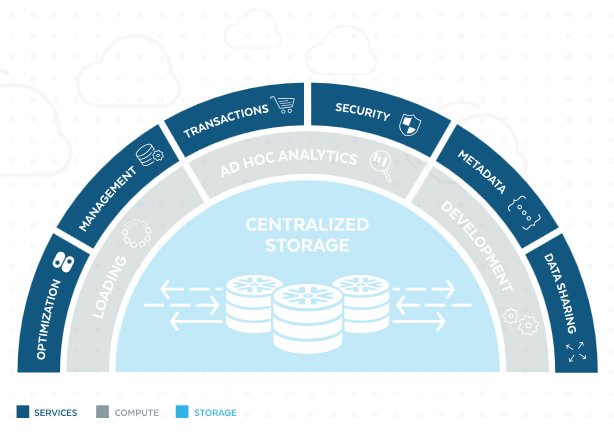Snowflake is bringing its cloud-based data warehouse and analytics service to Google’s cloud platform. A new Data Exchange also promises to give users access to data sets from a variety of providers.
The Snowflake data warehouse-as-a-service is already available on Amazon’s AWS and Microsoft’s Azure clouds, and users will soon be able to access it on the Google Cloud Platform, covering off the three major public cloud providers.
It will be offered as a preview in the autumn (fall) of this year, and general availability is set for early 2020.
Newly appointed Snowflake chief executive Frank Slootman said it is important for businesses to have a unified data source in a multi-cloud world. Naturally, Snowflake aims to fill this role.
Also new today is the Snowflake Data Exchange. This is a marketplace that allows Snowflake customers to connect with data from various providers and generate insights from that data, without having to go through APIs or extract data to cloud storage first.
Customers will be able to connect with Data Exchange from their Snowflake account and browse a data catalogue to access real-time data that they can then join with existing data sets in Snowflake.

Revenue streams
For data providers, this represents an opportunity to create new revenue streams by sharing live data with Snowflake customers. One such provider Snowflake has already signed up is Weather Source, a provider of weather and climate data that can be used to help make crucial business decisions.
Slootman said that many of those data providers will be Snowflake customers that are looking for ways to monetise their own data.
“Snowflake is uniquely positioned to facilitate secure data sharing between all types of organisations because of our built-for-the-cloud architecture,” he said.
Snowflake is a relatively new company that garnered a lot of attention from having former Microsoft executive Bob Muglia in charge until he stood down as CEO last month.
The firm’s business model is based around doing for data warehousing and analytics what Salesforce has done for CRM – turning it into a service that can scale as required thanks to the elasticity of the cloud, with the claim of a lower cost than managing and operating traditional solutions.
Snowflake functions as a fully relational ANSI SQL data warehouse, but also supports semi-structured data such as JSON and Parquet. It is compatible with popular ETL and BI tools, and features separate compute, storage, and cloud services that can scale independently, according to the firm.








